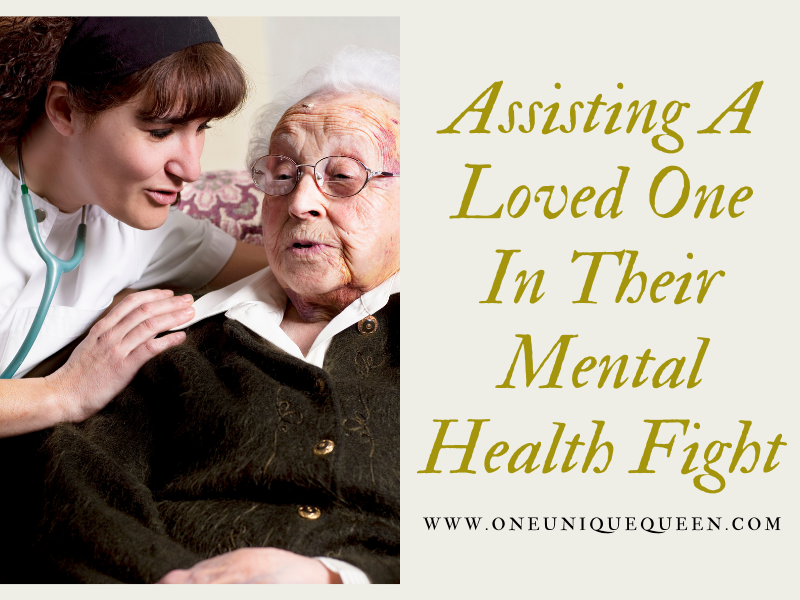


As much as we may wish that we have one, there is no such thing as a magic wand that can instantly solve our mental health problems. From depression to anxiety to addiction to bipolar disorder, finding our balance and living healthy lives takes time and effort.]
However, if there’s one thing that can be a truly significant support, it’s the help of a loved one, be it a partner, family member, or friend. You cannot take it on yourself to “fix” another person, but you can be a part of the solution.

Practice love
You may well feel that you love the person that you want to help, but you need to ensure that you’re taking steps to practice that love. Sometimes, love isn’t about doing the things that help them feel the best in the moment or in protecting them. Enabling behavior can come from a place of love, for instance, but it’s not a good way to show that love. Practicing love and mean talking about hard truths, which not only includes their behavior but yours, as well. It may even mean knowing when to put the relationship on a break to focus on their recovery, instead.
Practice understanding
Educating yourself on the mental health issues that your loved one is facing will almost always help. Aside from doing your research and reading about mental wellness online, you should consider connecting with communities such as support groups that can help you get a better understanding, clear any stigmas you might have in your head, and empathize better. However, every individual’s experience of mental health struggles is entirely their own. Don’t try to pre-emptively guess what your loved one is dealing with. Talk to them, listen to them, and understand their experience is valid even if it’s not similar to those you have heard or seen before.
Practice guidance
You are not a mental health professional and, as such, you can diagnose any conditions nor prescribe any treatments. However, if your loved one comes with you to a problem, offering to help them research different solutions such as inpatient drug rehab can help take some of the load off them. Doing some of the legwork of helping them find the different treatments and talking through their options with them can make it easier for them to actually choose a treatment and take the next step forward.
Practice support
There is no quick fix for any mental health issue. There is only the ongoing effort to keep improving one’s position and live a healthier life. As such, you can continue to assist a loved one during and beyond treatment by helping with things like taking healthier lifestyle choices together. Building a healthier life together can help build the defenses against sliding back into bad habits.
You might not be a fix, but there’s no doubt you could play a huge role in helping your loved one recover. Just be realistic about what they need from you and what you can help them do.
What other ways can you help assist a loved one with mental health issues? Let me know in the comments below!










COMMENTS MAKE ME HAPPY!